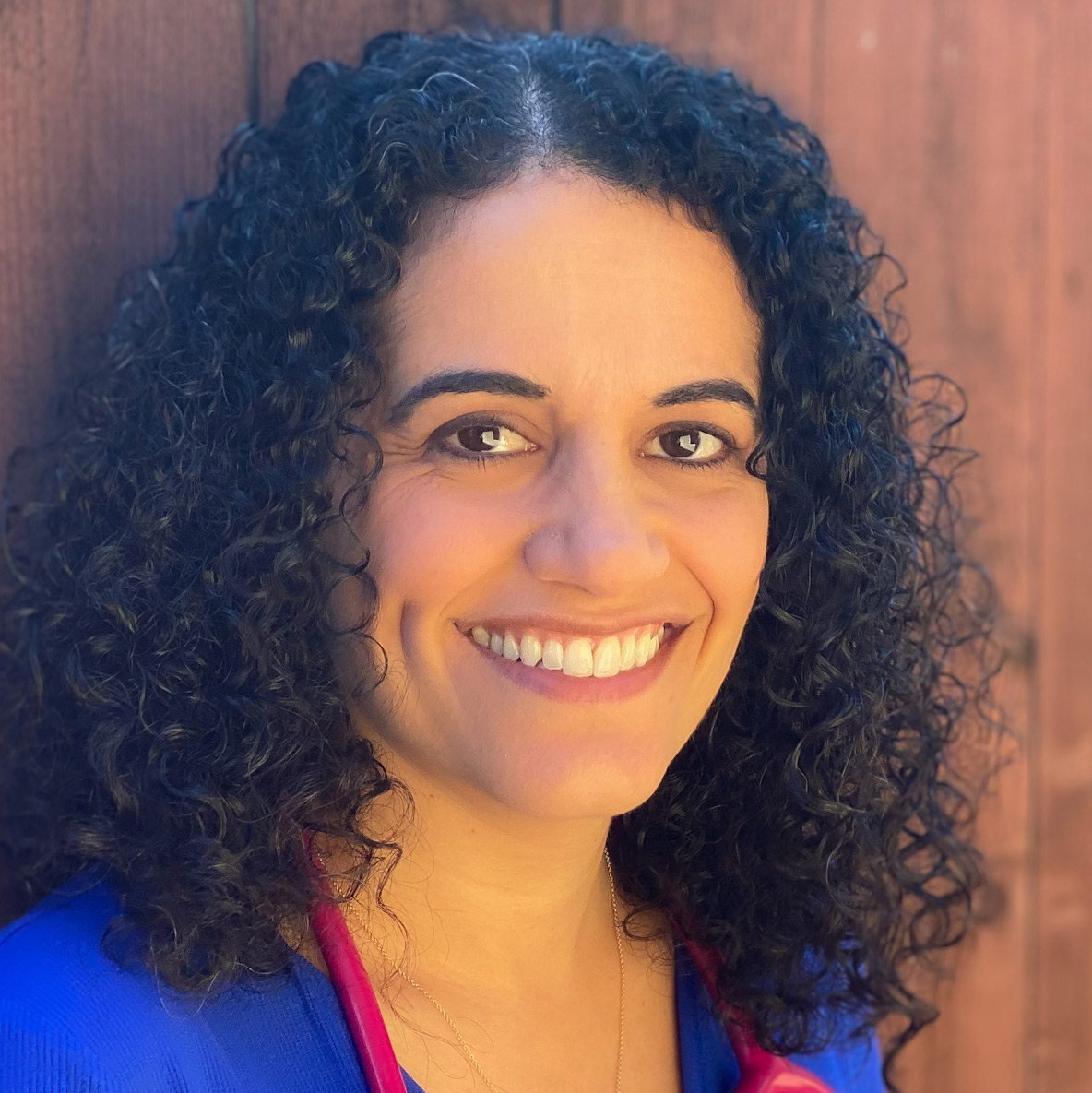Key takeaways:
Proton pump inhibitors (PPIs), like omeprazole, may have long-term side effects. They have been linked to many different complications — like infections and kidney problems — but a lot of the research is controversial.
It’s best to take a PPI for the shortest amount of time necessary. For simple reflux, this means 8 weeks or less. But some conditions need longer treatment.
There are different ways you can stop your PPI with fewer side effects — like using a replacement medication or taking your PPI only when you need it.
Gastroesophageal reflux disease (GERD) — often called “heartburn” or “reflux” — is a very common condition. Many people take proton pump inhibitors (PPIs), like omeprazole (Prilosec) and lansoprazole (Prevacid), for treatment. But long-term use of these medications may raise the risk of other health problems.
Some people need long-term PPIs for more serious problems, like esophageal ulcers or Barrett’s esophagus. But many only need a short-term course for GERD. If this is your situation, you may be able to stop taking these medications. While rebound symptoms might occur, there are strategies to help avoid them.
PPIs help with GERD symptoms by lowering how much acid your stomach produces. If you’ve been taking a PPI for more than 8 weeks and suddenly stop, you may experience increased — or “rebound” — acid production. This can make your GERD symptoms flare up again and lead to increased symptoms for weeks to even months.
Search and compare options
There’s no single method for stopping a PPI. But there are three main strategies you can try, which may help prevent rebound symptoms.
Many people assume that slowly cutting back on their PPI dose is better than stopping cold turkey. But one study found no significant difference between these strategies. People who gradually cut back over 3 weeks had just as many side effects as those who stopped suddenly. Because of this, the next two strategies may be more effective.
Another strategy is to use your PPI “as needed” or “on demand.” Instead of taking it daily, you take a dose only when GERD symptoms bother you.
Taking PPIs on demand can be helpful for managing your symptoms as long as you don’t have severe inflammation in the esophagus. If you do, check with your healthcare team before trying this approach.
Another strategy is to try a different GERD medication to help manage rebound symptoms. Some options include:
H2 blockers: Histamine-2 receptor antagonists (H2 blockers) help lower how much acid is made in your stomach. Examples include famotidine (Pepcid, Zantac) and cimetidine (Tagamet). Side effects from H2 blockers may include cramps, headaches, and loose stools. Cimetidine can also interact with a lot of medications, including warfarin, phenytoin, and certain antidepressants.
Antacids: Antacids work by neutralizing stomach acid. They can quickly relieve symptoms. Examples include calcium carbonate (Tums) and calcium carbonate / magnesium hydroxide (Rolaids). Antacids may cause some side effects like constipation or gas.
What’s acid rebound? This is when your stomach makes extra acid after stopping medications like proton pump inhibitors (PPI) or histamine-2 receptor antagonists (H2 blocker). Here’s what to know.
Home remedies for acid reflux: PPIs aren’t your only option for managing acid reflux. These home remedies can help.
Heartburn and your diet: To prevent acid reflux, make sure to avoid foods that can trigger heartburn.
If you’ve tried stopping your PPI but still have severe rebound symptoms — or if they last longer than 2 months — talk with your healthcare team. This may be a sign of more complicated GERD or another issue that actually needs longer PPI treatment.
Experts have expressed concerns that people who use PPIs for more than a few months may be at higher risk for certain health problems. There’s no official definition for “long-term” use, but it usually means more than 2 to 6 months.
It’s also important to note that although PPIs have been associated with these conditions, that doesn’t necessarily mean they caused them. Conditions that have been linked to long-term PPI use include:
Dementia: A large study of adults over 75 years old found that people who regularly use PPIs were almost 45% more likely to develop dementia. But these people also had more health problems and took more medications in general, which may be the true source of this increased risk.
Bone fracture: PPIs might increase the risk of fractures (broken bones) by affecting how well you absorb calcium and other nutrients. This risk seems worse in people who take higher doses (more than 1 dose a day) over longer periods of time (over 1 year).
Infections: Some studies have suggested long-term PPI use increases the risk of pneumonia, especially in older adults. But other studies have found no association, so the connection is unclear. Long-term PPI use may also increase the risk of Clostridium difficile infection, a type of intestinal infection, particularly in children.
Cancer: Some research suggests that people who use PPIs long term may be more likely to develop stomach cancer compared to those taking H2 blockers. But the overall risk remains very low for both groups, so it’s unclear if this should guide medication choice.
Kidney problems: PPIs have been tied to kidney damage in older adults, though not necessarily to long-term damage. But using higher-dose PPIs over longer periods of time seems to increase the risk of more permanent chronic kidney disease.
Heart attacks: There’s conflicting information on the risk of heart attacks with PPI use. An older study found that people who took PPIs long term (an average of 4 years) had roughly a 15% higher risk of heart attacks. But more recent studies haven’t shown any association.
Many of these conditions and associations sound scary. But remember that researchers haven’t proven that PPIs directly cause these complications. And many people don’t have to take PPIs long term.
For complicated stomach problems, PPIs are a valuable long-term treatment. Conditions that need longer-term PPI use include:
Complicated GERD that causes esophagitis (inflammation of your esophagus) or strictures (scarring and narrowing of your esophagus)
Barrett’s esophagus, a condition in which your esophageal lining changes and can progress to esophageal cancer
Bleeding and ulcer prevention if you’re taking high-dose or long-term nonsteroidal anti-inflammatory drugs (NSAIDs)
If you’ve been prescribed a PPI, ask your prescriber how long you need to take it. And if you’ve been taking one, ask about lowering your dose.
If you have uncomplicated GERD, you may not need a PPI:
If you’re not taking a PPI yet and have very mild GERD symptoms, you might not need one at all. There are many other treatment options, including different over-the-counter (OTC) medications and lifestyle changes.
If you’re already taking a PPI, the goal is to take PPIs at the lowest effective dose for the shortest time needed. The FDA recommends using it for 8 weeks or less.
If you have been taking a PPI for over 8 weeks but don’t feel any better, check in with your healthcare team. But, if you feel much better, then it may be time to stop.
When you stop taking a PPI like omeprazole, you may experience acid rebound symptoms. This can feel just like GERD. This can include a burning sensation in your chest or throat, nausea, pain when you swallow, and burping.
When you stop taking a PPI like omeprazole, you may experience acid rebound symptoms. This can feel just like GERD. This can include a burning sensation in your chest or throat, nausea, pain when you swallow, and burping.
No food or drink can really cure heartburn. But eating foods high in fiber and low in acidity may help. Whether or not you’re taking omeprazole, managing heartburn is really more about avoiding triggers. Try to limit coffee, soda, alcohol, and acidic fruit juices like orange juice.
Long-term use of PPIs has been linked to different health problems, but the evidence is still unclear. So, you should use your PPI for as long as you need it, especially if you have a history of more serious stomach problems.
But if you’re taking a PPI for GERD and already feeling better, you may be able to stop. Talk with your healthcare team to see if this is a safe option for you. There are tips and other medications that can help you stop your PPI without getting rebound reflux.




Abrahami, D., et al. (2021). Proton pump inhibitors and risk of gastric cancer: Population-based cohort study. Gut.
Adams, D. J., et al. (2021). Community-associated Clostridioides difficile infection in children: A review of recent literature. Journal of the Pediatric Infectious Diseases Society.
Antoniou, T., et al. (2015). Proton pump inhibitors and the risk of acute kidney injury in older patients: A population-based cohort study. CMAJ Open.
Begg, M., et al. (2023). Comparing the safety and efficacy of proton pump inhibitors and histamine-2 receptor antagonists in the management of patients with peptic ulcer disease: A systematic review. Cureus.
Björnsson, E., et al. (2006). Discontinuation of proton pump inhibitors in patients on long-term therapy: A double-blind, placebo-controlled trial. Alimentary Pharmacology & Therapeutics.
Centers for Medicare and Medicaid Services. (2015). Proton pump inhibitors: U.S. Food and Drug Administration-approved indications and dosages for use in adults.
Estborn, L., et al. (2015). Frequency and time to onset of community-acquired respiratory tract infections in patients receiving esomeprazole: A retrospective analysis of patient-level data in placebo-controlled studies. Alimentary Pharmacology & Therapeutics.
Freedberg, D. E., et al. (2017). The risks and benefits of long-term use of proton pump inhibitors: Expert review and best practice advice from the American Gastroenterological Association. Gastroenterology.
Gomm, W., et al. (2016). Association of proton pump inhibitors with risk of dementia: A pharmacoepidemiological claims data analysis. JAMA Neurology.
Haastrup, P. F., et al. (2021). When does proton pump inhibitor treatment become long term? A scoping review. BMJ Open Gastroenterology.
Inadomi, J. M., et al. (2001). Step-down management of gastroesophageal reflux disease. Gastroenterology.
Kang, S. J., et al. (2022). On-demand versus continuous maintenance treatment of gastroesophageal reflux disease with proton pump inhibitors: A systematic review and meta-analysis. Journal of Neurogastroenterology and Motility.
Klatte, D. C. F., et al. (2017). Association between proton pump inhibitor use and risk of progression of chronic kidney disease. Gastroenterology.
Qian, Y., et al. (2020). Proton-pump inhibitor use and myocardial infarction: A nested case-control study in the UK Clinical Practice Research Datalink. Epidemiology.
Shah, N. H., et al. (2015). Proton pump inhibitor usage and the risk of myocardial infarction in the general population. PloS One.
Targownik, L. E., et al. (2022). AGA clinical practice update on de-prescribing of proton pump inhibitors: Expert review. Gastroenterology.
U.S. Food and Drug Administration. (2017). FDA drug safety communication: Possible increased risk of fractures of the hip, wrist, and spine with the use of proton pump inhibitors.
Zirk-Sadowski, J., et al. (2018). Proton-pump inhibitors and long-term risk of community-acquired pneumonia in older adults. Journal of the American Geriatrics Society.

Get prescription saving tips and more from GoodRx Health. Enter your email to sign up